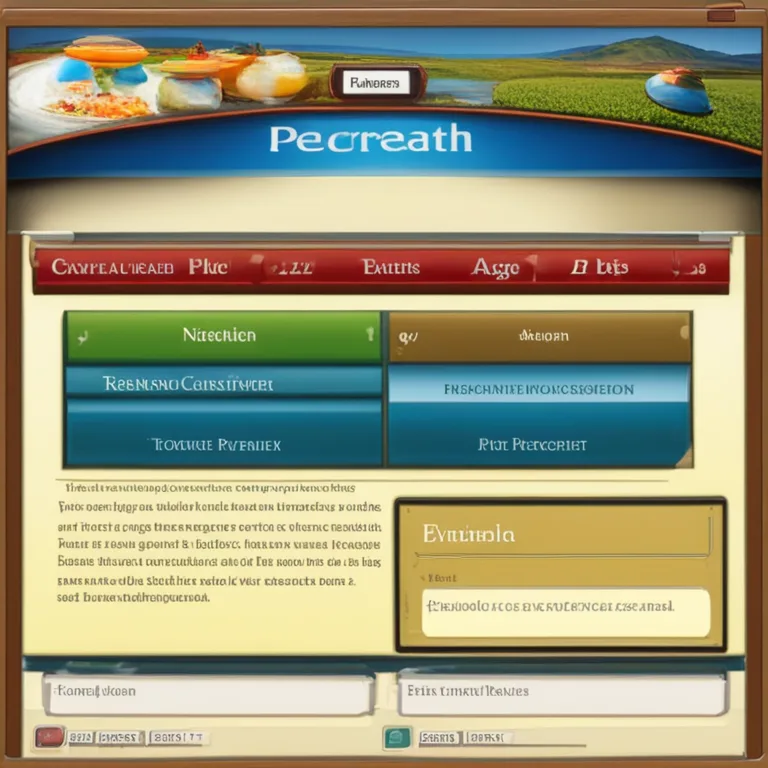
Mindfulness and Meditation in Healthcare
Discover the integration of mindfulness and meditation into clinical practice and their impact on improving patient outcomes.
article by Hina Kurosawa
Modern Medicine Embraces Ancient Practice
Medicine continually evolves, intertwining with therapies once considered alternative. In recent years, meditation and mindfulness have transitioned from ancient spiritual practices to respected clinical interventions. The realm of modern healthcare now recognizes the measurable benefits that these practices bring to patient care. Their usage in various medical settings, among diverse patient populations, is a testament to the universal applicability and growing acceptance within the medical community. Studies demonstrate how meditation can lower stress levels, leading to better overall health outcomes.

A Therapeutic Alliance
Meditation and mindfulness serve as therapeutic allies, aiding clinicians in addressing both the psychological and physiological aspects of health. Mindfulness-based stress reduction (MBSR) programs have shown efficacy in reducing symptoms of anxiety and depression, mental states often co-morbid with physical illness. Moreover, consistent meditative practice has been linked to reductions in blood pressure and improvements in immune function, suggesting a tangible link to physical health markers. This interdisciplinary approach to health and wellness is a cornerstone of holistic patient care in the 21st century.

Customization in Clinical Settings
The versatility of mindfulness and meditation allows healthcare professionals to tailor practices to individual patient needs. Hospitals now incorporate guided meditation into preoperative and postoperative care protocols, while psychiatric facilities employ mindfulness as a core component of therapeutic programs. Pain management clinics teach body scanning and mindful breathing to help patients cope with chronic pain. This customization potential supports personalized medicine initiatives that have become a priority in healthcare strategy for 2024 and beyond.

Evidence-Based Practice
Grounded in evidence-based medicine, the clinical application of meditation and mindfulness is backed by rigorous research. An expanding body of literature supports its integration into practice, citing statistical reductions in the length of hospital stays and improved patient satisfaction. Data points like these not only influence individual patient care but also have broader implications for healthcare policy and reimbursement models. This reflects a systemic shift toward therapies with proven efficacy and patient-centered metrics.

The Digital Health Revolution
Digital health tools have accelerated the adoption of mindfulness and meditation practices. Apps that provide guided sessions make these resources highly accessible to patients, facilitating their use outside clinical environments. Telemedicine and online therapy platforms also integrate mindfulness techniques, offering a seamless transition for the patient from in-patient to home care. This technological wave ensures that the healing power of meditation can be harnessed anywhere and at any time.
Educational Imperatives
Education for both patients and healthcare providers is critical to the successful integration of mindfulness and meditation into clinical practice. In 2024, medical schools increasingly stress the importance of a mind-body-spirit approach. Continuing education for current practitioners focuses on the latest modalities and best-practice techniques. Such initiatives build capacity within the healthcare sector, ensuring that providers can competently offer these healing modalities as part of comprehensive patient care.
Published: 1/8/2024
Modified: 1/8/2024
More predictions
Come back here soon to learn more about yourself and your future


Mastering Meditation: Pathways to Inner Peace
Discover the transformative benefits of meditation techniques, offering a gateway to enhanced well-being and mindfulness in the modern era.


Meditation Basics: Tips for Inner Peace and Focus
Discover practical meditation tips and techniques to foster inner peace and enhance focus in your daily life.


Meditation and Depression: A Path to Healing
Discover the potential of meditation as a complementary treatment for depression, delving into how mind-calming practices might offer a beacon of hope for those seeking relief.